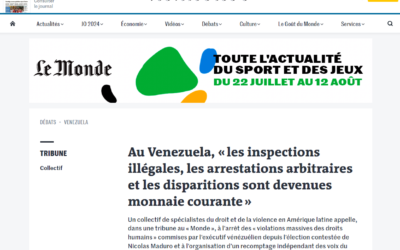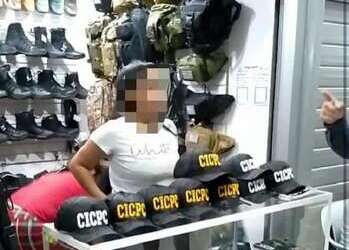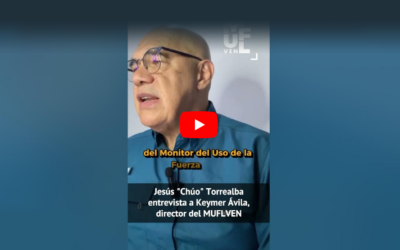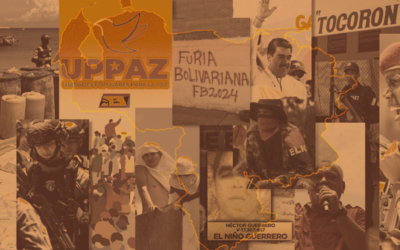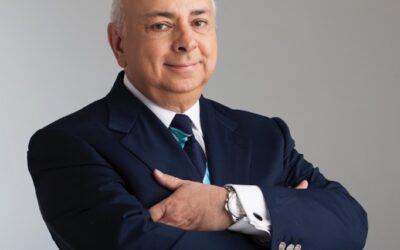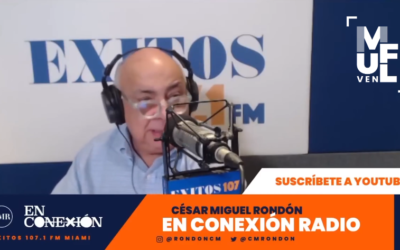April 11, 2018
Keymer Ávila | @Keymer_Avila
Cases such as the unfortunate death of Marielle Franco, who courageously denounced the abuses and excesses of the UPP in Brazil, along with the OLP in Venezuela, the institutionalization of the “trigger easy” in Argentina , the proposals for the Internal Security Law in Mexico and the reforms of the Police Code in Colombia , make it clear that there is a clear trend towards the militarization of citizen security in our countries. As can be seen, this authoritarian logic does not seem to be the monopoly of a single political-ideological tendency.
In the case of Venezuela, we have general indicators that show an increase in violence from 1983 and 1989, which has had a sustained and accelerated growth since 1998 . This is important to take into account to locate ourselves in what has been the situation of lethal violence in the country, and what have been the institutional responses to that violence . If this is the case, it is important to visualize that the problems of citizen security and its militarization are not born or generated after the year 1999. What has happened since that date is more a consequence of the periods that preceded, a negative deepening of what was already deteriorating.
The National Guard, for example, has been active since 1937, performing de facto national police tasks throughout the country. It is a military body inspired by the Spanish Civil Guard, which also has this character and which was immersed in the Francoism. This corporation was the one that prevented the creation of a civilian national police for decades.
If we look at the last two decades, the fact stands out that of the last 15 interior ministers, 12 (80%) have been military, however, that cannot be the only or main indicator. Among others, at least four aspects must be considered:
1) Before 1998, the Minister of the Interior was the second in charge of the country, he was even considered the future “presidential candidate”, that vision and role was left behind with the figure of the Vice President of the Republic. It is possible that from that moment on the Ministry of the Interior has been politically emptied to be considered as a merely police, “technical” space, for “gunmen” who are mainly in charge of the use of force;
2) There are civilians who can be more militaristic than the military themselves, it is enough to contrast, for example, the results of the efforts of some civil Interior Ministers with others of military origin, or that of President Chávez himself with that of President Maduro;
3) The participation of the police, especially the Metropolitan Police , in the coup d’état of April 2002, could also have influenced the political distrust of the national government towards the police, and, consequently, created the need, from a logic of power, of exercising military control over them;
4) The logic of militarization is not only reduced to the exercise of the military in certain areas (which transcends the issue of security to cover the generality of politics, such as food, state companies, etc.), due to militarization the culture, practices and war logic internalized and carried out by officials in general, and especially by the State security forces, must also be understood. What must be denounced is the warlike rationality that breaks all legal and institutional limits, to turn citizen security work into a kind of war, with fatal consequences for anyone . All these elements, among many others, must be considered when we talk about the militarization of citizen security in the country.
In general terms, the militarization of citizen security has been questioned throughout the region, it is one of the legacies that remains of the National Security Doctrine, which is not only inefficient in generating security for people, but also has negative consequences in terms of Human Rights. Because two rationalities are confused: the security of the nation and the security of the people .
So then, when talking about citizen security , reference should be made to the guarantee of civil rights with specific legal rights (life, freedom of movement, personal integrity, property), of also specific people, and the state actors responsible for such. guarantee are also civil. On the other hand, when talking about the security of the nation, reference is made to the political system in its entirety as an abstraction, even as a value, but it also refers to the borders and territorial integrity in terms of sovereignty, being the military and the FAN , the main actors responsible for defending it.
The fusion of both concepts can have serious consequences and cause more problems than it intends to solve. The nation defends itself against external enemies in a war context , which must be annihilated. While the conflict in citizen security scenarios occurs between civilians, whose maximum expression would be in the commission of crimes, in these cases the offender has rights and must be subjected to a legal process with protection of all guarantees. They are different rationalities and institutional actors; two clearly differentiated training and indoctrination, which do not perform the same functions.
The contexts in our countries may vary, but the repressive and control policies are very similar. It is important to make common cause against this militaristic and punitive expansion, in favor of the life and dignity of people, especially that of the most humble and racialized, who are its main victims . Some initiatives and organizations that work in this sense are the following: # SeguridadSinGuerra ; http://sinmilitarizacion.mx/ ; https://www.seguridadsinguerra.org/ ; @FJEDD ; http://fundacionjusticia.org/ ; @congresoALPEC ; https://www.facebook.com/groups/134071041084/ ; @instintodevida_; https://www.instintodevida.org/ ; @Reacin_Vzla ; http://www.reacin.org/ ; @_Provide ; https://provea.org/
Let’s make Marielle ‘s fight against police and military excesses our own. Enough is enough!
Publicado originalmente en Provea.
